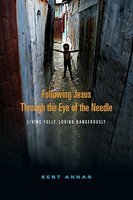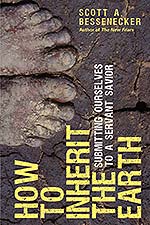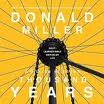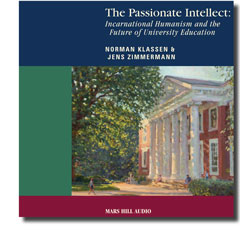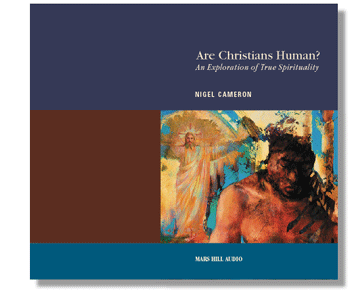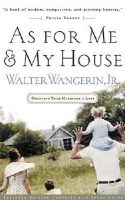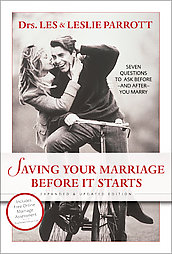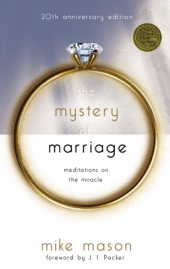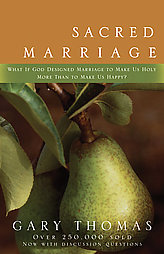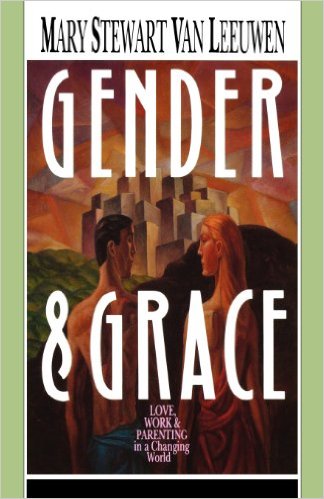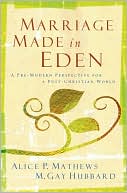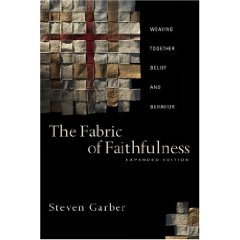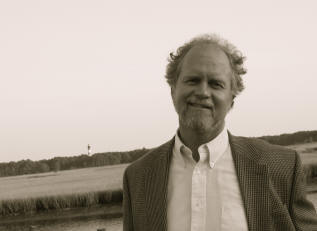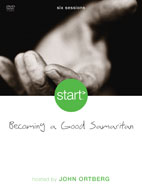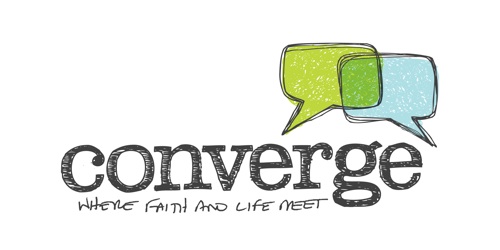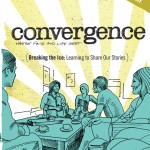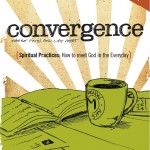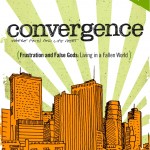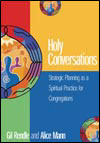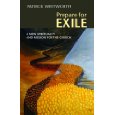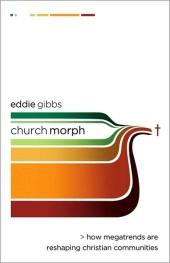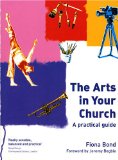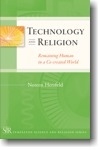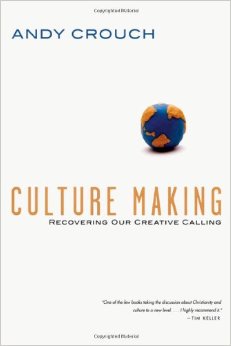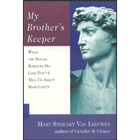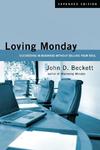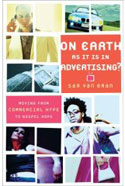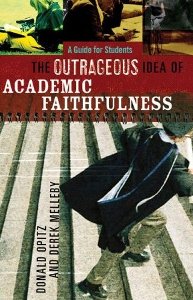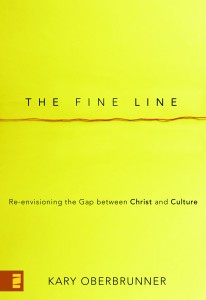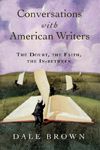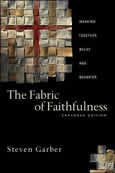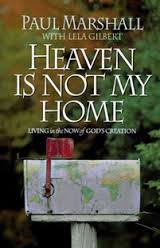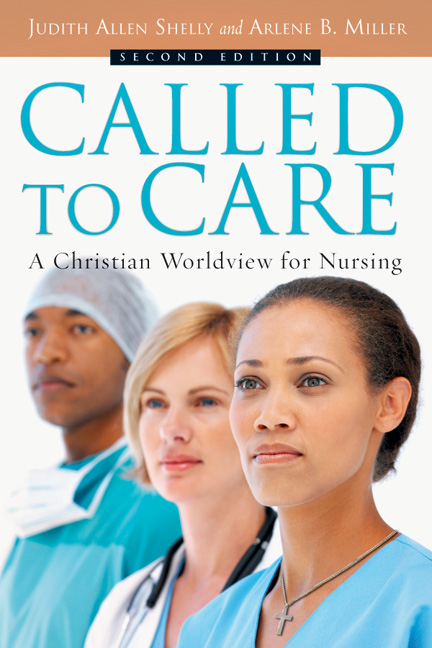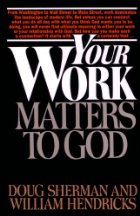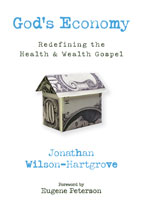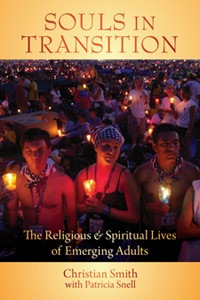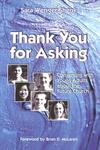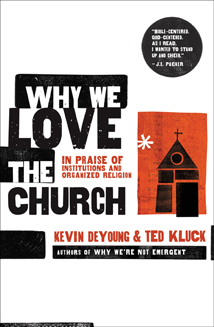 Real Journey of Change and Hope by Josh James Riebock (Baker; $14.99.) This young writer, full of verve and interesting stories, and some very raw and honest language (it’s not for the faint of heart) is telling us about how God wants us to come alongside the hurting, to befriend the friendless, hang out with the outcasts, including those who, for whatever reason, feel distant from God and the church. Mostly, it is a book about the edgy side of the 20-something Gen Y and although the stereotypes are in full bloom—goth kids, digital kids, neo-hippy fair-trade coffee sippers, party types—he does do some helpful explanations of the demographics of the millennial gang. A few particular insights will stay with me, I’m sure. I love this kid’s passion and his really clever style. He’d be a fun guy to hang out with. And I appreciate his sure conviction that hope must come “with skin on” as he shows how to reach the gritty youth of today, and that that may take some new attitudes for all of us, older and younger.
Real Journey of Change and Hope by Josh James Riebock (Baker; $14.99.) This young writer, full of verve and interesting stories, and some very raw and honest language (it’s not for the faint of heart) is telling us about how God wants us to come alongside the hurting, to befriend the friendless, hang out with the outcasts, including those who, for whatever reason, feel distant from God and the church. Mostly, it is a book about the edgy side of the 20-something Gen Y and although the stereotypes are in full bloom—goth kids, digital kids, neo-hippy fair-trade coffee sippers, party types—he does do some helpful explanations of the demographics of the millennial gang. A few particular insights will stay with me, I’m sure. I love this kid’s passion and his really clever style. He’d be a fun guy to hang out with. And I appreciate his sure conviction that hope must come “with skin on” as he shows how to reach the gritty youth of today, and that that may take some new attitudes for all of us, older and younger.
Not surprisingly, one reviewer called this “compelling authenticity” and, despite the humor, My Generation speaks with great seriousness of the healing power of community. It seems to me that, these days, certainly among the younger generations, nearly everyone knows that the quest for more authentic relationships and true community is one of the sure heart-cries of our time.
Ha. Just this evening as I was pondering this I got a note from a (20-something) friend lamenting that everybody in his social circle (I almost said “community”) talks about community, but few really define it. Yep.
When we speak of our community, we may mean our neighborhood, our friends, our congregation. Some of us even “do life together” with a small group of most trusted friends; some even move near one another, becoming an intentional community, almost like monks or nuns do.
Within the last few months several customers asked about books on how to move towards this kind of intentional community. Most of us aren’t involved in that kind of house-holding, but anyone who attends a church hears about their own “faith community” and should be working towards what some call “body life.” That is, functioning as “the body” (to use New Testament language.) That is, churches ought to be more like a community.
Here are a few titles I described for one of our customers. Do you think that your “faith community” might benefit from reading a few of these?
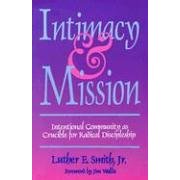 Intimacy and Mission: Intentional Community
Intimacy and Mission: Intentional Community
as Crucible for Radical Discipleship Luther Smith (Herald Press) $13.99
This is a bit dated, but still really relevant for you and your project. In the ’80s the author visited
intentional Christian communities all over the country asking about their
relationships (life together) and outreach. He wondered if those living in
these house-holds were in these community settings because they felt the faith
demanded it, that is, that intimacy and relationships were central to real
church? Or were they more “pragmatic”, living to pool resources and be
supportive as means to the ends of great mission, strengthening each other in
order to be more active in service? Of course, for most, it was a bit of
both—intimacy and mission. His narrative accounts of visiting these
classic radical Christian house-holding experiments, from Sojourners to Reba
Place to JPUSA, to Voice of Calvary, etc, is fascinating and the only book of
its kind. The author is an African American leader in the
AME denomination.
 Life Together
Life TogetherDeitrich Bonhoeffer (Harper) $13.95 As you noted, this just cannot be
beat. It is a tad dated in the language (written, as it was, under Hitler, by a famous German, Lutheran
pastor.) Still, skip the page or two that seems odd (one about singing
together, which, actually, is pretty fascinating) and go with whatever strikes
you; most of it, I assure you, is a goldmine of solid insight about the nature of the church. This is one of the all time great books, and the best on the community of
Christ. Bar none, I’d say. A must-read. For what it is worth, we have it in audio CD format, too, and we stock all of the newer Bonhoeffer editions that are re-translated from the original German. They are larger volumes, critically acclaimed and important for scholars. The Life Together volume has with it the small book Bonhoeffer did on the Psalms called The Prayerbook of the Bible. (This bigger edition, published by Fortress, sells for $21.00 in paperback.)
Vanier ($21.95) Well, this is thick and maybe a bit slow going but, really, is the very best book on contemporary community. It is pretty amazing, in many ways,
not the least of which is how it shows that our own emotional growth is rooted
into the good of the community. Intimacy and action, inward and outward,
individualism and the group, it’s all there–a must, must read, but you’d better read it slowly and work through it with others. For anyone
serious about deepening community, forming intentional living spaces, or talking
about the deeper meaning of our gatherings. Vanier (who started the L’Arche

communities with the disabled) has another great but very little book From
Brokenness to Community which is pretty sweet ($5.95) His latest
book, by the way, is about the witness of gentleness in a violent world,
co-authored with Stanley Hauerwas. It took my breath way! (I am not sure of
this, but I suspect that Henri Nouwan’s little book Intimacy [which
itself is a lovely little read] grew out of his experience with these
ideas. Nice new cover, too.
Joseph Myers ($16.99) Man, what an interesting book. On the face of it it is
about small groups, emergent conversations, new forms for church. But it really
is about space, how even the shape and arrangements of rooms helps people feel
at home….it is literally about that (which is fascinating.) It is more than
that, though, as he is using that sort of as a metaphor for how the “space” or
shape of our community shapes the sorts of relationships that will or won’t
develop. I think it is excellent for resident halls or those living together in
a house, anybody wanting to enhance richer relationships with a bit of
theology/sociology by looking at space(s).
Where People Naturally Connect Joseph Myers ($13.99) Well, this
is the same guy, and this is more for churches, I’d say, but it still is his
interesting take on community. He has a chapter called Patterns (spatial
observation) another called Participating (responsible anarchy) and other such
creative stuff. I think you’d really like it.
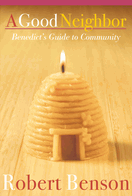 A Good Neighbor: Benedict’s Guide to
A Good Neighbor: Benedict’s Guide toCommunity Robert Benson (Paraclete) $14.99 Benson is on that
list of authors that I would read anything he writes. (And he writes widely, on
vacations, baseball, gardening, prayer.) This book is simple but graceful,
nearly elegant, and, finally, pretty radical in he insists that we must be
present to those to whom God has given us, and who have been given to us by
God. This includes direct relationships at church, of course, but also family,
associations, work, neighborhood. He explores different aspects of our
connections and community, using the wisdom of St Benedict’s rule for his monks,
applied to those who are not living in a monastic community. Really wise, very
nice, brief.
Thomas Hawkins (Discipleship Resources) $15.98 This was published
for small groups, actually, asking how small home groups, Bible studies,
support groups, or Sunday school classes could be more intentional and effective
at being small Christian communities. He looks at six qualities of Christan
community and show how to incorporate them into small group experiences. Short
and helpful.
to Do Church Marva Dawn (Eerdmans) $18.00 One of my favorite
books, this studies the hilarity of Romans 12, inviting us to use our
imaginations, tease out the fuller meaning of the Biblical text, and thereby see the Scriptures as they call us to be
Christian community. She instructs us seriously, but with winsome and clever
invitations to take our faith more seriously, including the call to agape and
harmony. A great Bible study on an obviously great portion of Scripture. Very valuable.
Paul’s Idea of Community: The Early House Churches in Their Cultural Settings Robert Banks (Hendrickson) $16.95 Okay, this may be a bit academic for most, but it really is a classic. This is a revised and expanded version and helps us understand much of the cultural setting for the earliest Christian practices.
Howard Snyder (IVP) $18.00 This is one of my favorite books on the
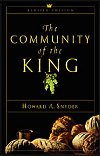
church, and it is all about how the church is the hub of the Kingdom. This was before the “missional” movement, but he see’s the Kingdom as the
“creation-restored” vision of all creation being healed, and we
are in worshiping, fellowshiping, equipping, communities that become the
crucible for shaping us into Kingdom servants. A must-read for those interested
in a Kingdom vision of the local congregation, and that congregation being more
focused on real “body life” and community. A classic.
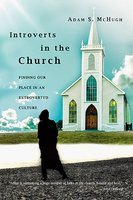 Introverts in the Church: Finding Our Place in an Extroverted Culture Adam McHugh (IVP) $17.00 Just when I thought that there really couldn’t be much else written about the local congregation and doing church, along comes–rather quietly, and belatedly, since he’s an introvert—this spectacular new book by an ordained Presbyterian minister who is a spiritual director and introvert. This isn’t a gag or a light-hearted spoof, but a very serious study of community, graciousness, hospitality, and how some among us find it very challanging to be active in a noisy, outgoing, active congregation. Who knew? Marva Dawn insists on the back that “this is a book that every church leader should read!” McHugh explains how we overlook or misunderstand the contributions of many introverted church members. This is a book for all congregational folks who want to be more hospitable to the Meyers Bringgs T-types, and for all introverts who find human interactions each Sunday to be tense and taxing. A great resource for anyone interested in relationships, parish life, or Christian community.
Introverts in the Church: Finding Our Place in an Extroverted Culture Adam McHugh (IVP) $17.00 Just when I thought that there really couldn’t be much else written about the local congregation and doing church, along comes–rather quietly, and belatedly, since he’s an introvert—this spectacular new book by an ordained Presbyterian minister who is a spiritual director and introvert. This isn’t a gag or a light-hearted spoof, but a very serious study of community, graciousness, hospitality, and how some among us find it very challanging to be active in a noisy, outgoing, active congregation. Who knew? Marva Dawn insists on the back that “this is a book that every church leader should read!” McHugh explains how we overlook or misunderstand the contributions of many introverted church members. This is a book for all congregational folks who want to be more hospitable to the Meyers Bringgs T-types, and for all introverts who find human interactions each Sunday to be tense and taxing. A great resource for anyone interested in relationships, parish life, or Christian community.Christian Practice Christine Pohl
($20.00) There is so much out on this these days, but this is the best, really
a great resource, an overview of the practices of reaching out and being
graciously hospitable. I mention it for a number of reasons (she spent some
time at L’Abi with the Schaeffers, an intentional commune, almost) but one
reason is because talk of community, authentic relationships, and
inward-directed growth always needs to be balanced by a sense of being
inclusive, caring, offering outreach; otherwise community becomes a clique. So
the practices of hospitality, she argues, are what keep communities vibrant. It
is a bit counter-intuitive, that in reaching out we form closer community, but
without hospitality, all we have are ingrown cults. Pretty rich stuff. serious
writing. Often cited, very important.
Come as You Are Culture in Your Church John Burke ($14.99) Okay,
this is about creating a culture in church were guests are valued, strangers
received, diversity accepted, grace rules. I know you aren’t a church, but I
think this overall theme of creating an ethos where folks are accepted, where
even on stuff like homosexuality we can receive folks who are unlike us (he is
traditional on this chapter, but it is a good one, making a case study nearly
out of this…if we can’t handle those with whom we disagree, then how are we
different from the folks Jesus reprimanded for only loving those who love us
back in the same way.) Anyway, it is a cool book, very practical, and come with
a great DVD which is good for teaching. Pretty hip stuff. (We have the
hardback edition, with the DVD, being sold for the paperback
price.)
Incarnational Community Hugh Halter & Matt Smay (Jossey
Bass) $23.95 This is kind of an emergent church kind of approach, looking at
new forms of making disciples in creative church communities. It is very much
about real stuff that works to be faithful in a missional congregation. The
bottom line of much of this is about forming community, small faith-sharing
communities and bands that reach out. Pretty exciting stuff, but, to be honest,
a bit more about church-planting than community as such..
Life Happens Neil Cole (Jossey Bass) $23.95 This, too, is a call to
offer leadership in fresh ways by forming real communities that care for one
another and model the Kingdom to others. I am not so sure that starting a
gathering at a coffee shop or another third place and deepening relationships
there is a community, let alone a church, but he is sure this is what we need,
faith communities planted outside of typical churches; birthing teams who form
small groups sharing life together. Pretty important book at least in church
planting circles….
and Others With Whom You Really Are Bill Thrall (NavPress) I can’t
say enough about this, a solid study of relationships, honesty, acceptance,
masks, etc etc. There is a fabulous DVD, too, and this is really rich, deep
stuff, presented in a lively, captivating manner by some pretty good guys. Love
it.
For Gerald Sittser ($15.00) This is an older book reworked,
expanded and re-titled (it used to be called Loving Across Our
Differences.) Yep, it is about being a community that accepts conflict and
works for reconciliation. It looks thoughtfully at the “one another” passages
in the New Testament and explores what they might mean for deepening community.
Wow. Very apropos, since community certainly includes “one anothering” and
conflict resolution and unity within our differences. Very solid and
sound.
Relationships Larry Crabb (Nelson) $15.99
 Although not exactly about community, I really like the way he opens up relationships and such…he was
Although not exactly about community, I really like the way he opens up relationships and such…he wason a journey at this point and his next books were on authentic community in
church, and how churches should be more relational, places of healing and hope
based on community. See, for instance, Becoming a True Spiritual Community or his more recent, Real Church. Connecting, I think, was a pivotal work for him, it seems…
Wallis (Harper) Jim is the founder of Sojourners and an old hero of
mine. One of his first books, from the late 70s, is truly one of my all time
favs, in part because of it’s vision of the Kingdom, the Lordship of Christ, and
social engagement around issues of peace and justice… I think it is his best
ever. Anyway, he has a chapter in there on community that is a succinct and
useful as anything for those seeking a radical house church, Christian community
living experience where we are the “community of the Kingdom.” Pretty moving
and groundbreaking stuff for many of us. That chapter is very
useful.
School(s) for Conversion: 12 Marks of a New Monasticism edited by The Rutba House (Wipf & Stock) $22.00 A number of folks from intentional communities gathered to discuss the development of counter-cultural “new monastic” experiments “at the edge of Empire.” This, obviously, is something different than your typical First Church on Main Street. They came up with these 12 marks, and each chapter is really worth reading. A couple of the writer’s are well known and others have not bee published before. They are all living out this vision, and have great depth of insights. Several of the chapters are directly about shared life, living in intentional proximity, and others are about economics, handling family, marriage and singleness, stuff about submission, a common rule of life, etc. It may be unusual for many church folks to hear this kind of talk, but it really, really is exciting stuff.
Community Jesse Rice (Cook) $12.99 Wow, this is clear, practical,
and a bit perplexing: is this virtual world of facebook and wii and IM “really”
community? Does this 24/7 connectedness increase our longings for “high-touch”
face-to-face relationships or inhibite and erode them? There is little doubt
that your generation (especially) has had it’s views of identity, boundaries, and
relationships altered by social networking sites. So, this is about that, with
the great implications for church, Christian community and authentic Christian
living. (We have Doug Estes’ Sim Church Being the Church in a Virtual
World, too, which travels similar territory, but I think the Rice one is
more about community, with Sim Church more about using the internet to
expand outreach, do virtual church [even avatars!] which is less about real
community, so I don’t recommend it for your purposes as much. It is pretty
interesting, though!)
 Thy Kingdom Connected: What the Church Can Learn From Facebook,
Thy Kingdom Connected: What the Church Can Learn From Facebook,the Internet, and Other Networks Dwight Friesen (Baker) $14.99 I
list this last because it is brand new and I haven’t read it yet (although much
of it has been on line and presented at emergent conferences and commented on in
blogs for years, now, it seems.) I’m confident to say how insightful this is,
profound and deep. Friesen is simply a genius, an “outside the box” thinker who
has studied systems theory, quantum stuff, how networks work–clusters, nodes,
links— and the connectivity built into the creation (in cells and such) and
is lived out in social networking. The subtitle is “What the Church Can Learn
from Facebook, the Internet, and Other Networks” only scratches the surface of
this postmodern, hot-wired, complex systems work. The forward is by Len Sweet,
the afterword by Dan Allender, so I’m impressed by that, too. One hip reviewer
said it is “the first contextual ecclesiology for a networked world.” This is
pretty edgy theology, serious social analysis, leading to a wholistic view of
the Kingdom, and the need for faith communities to be, well, connected.
Ultimately, a book about authentic, networked community. This is one of the
most important books of the year, and we will be hearing about it a lot, I’m
sure.


